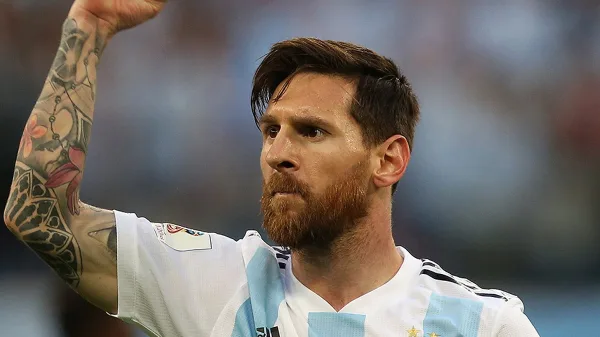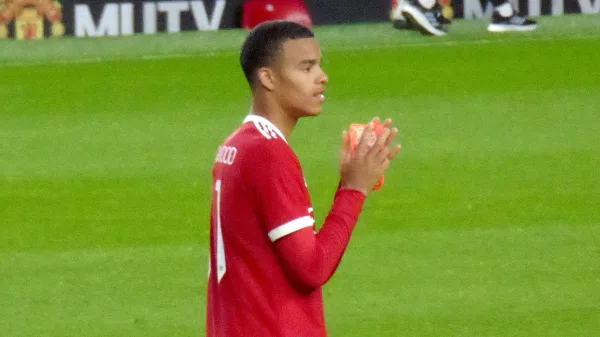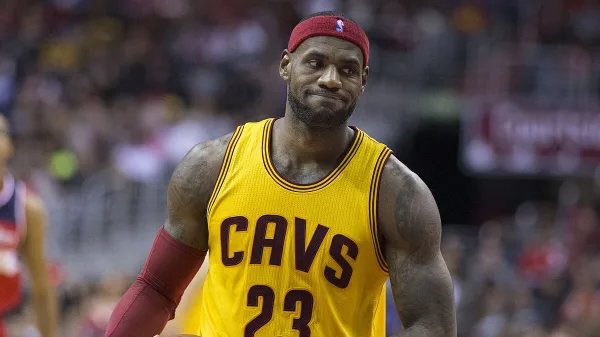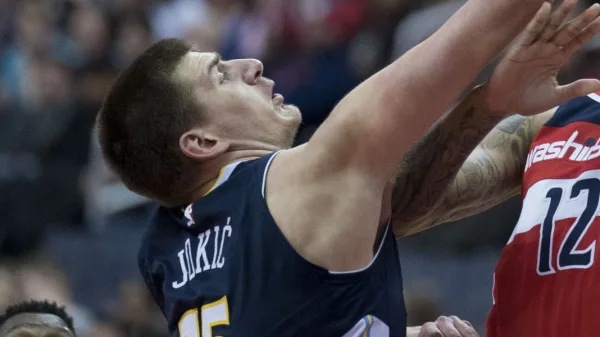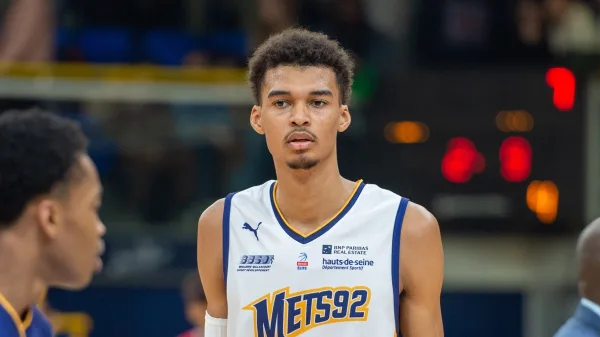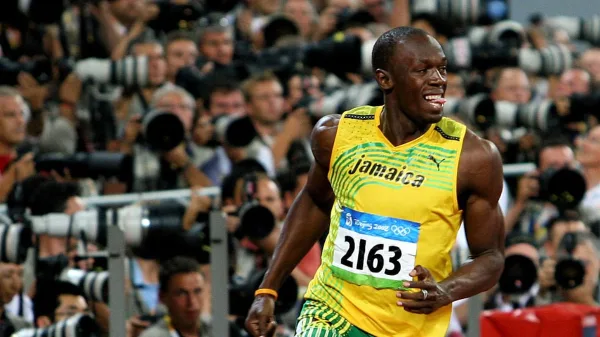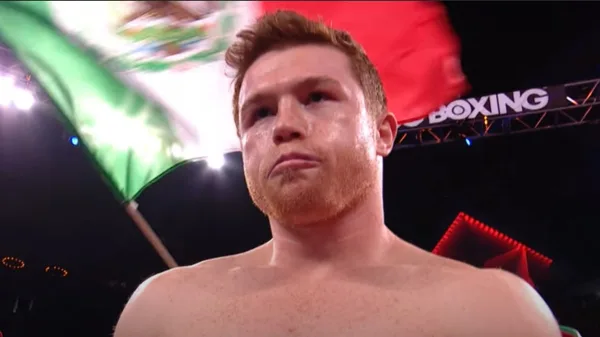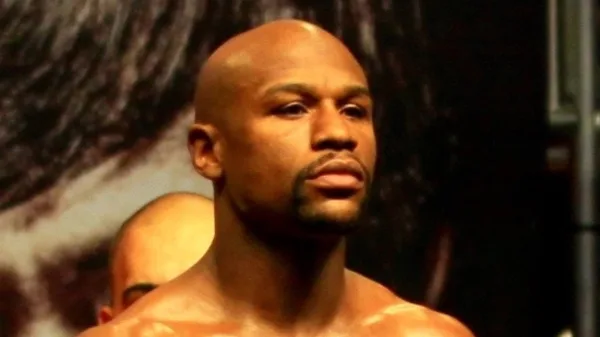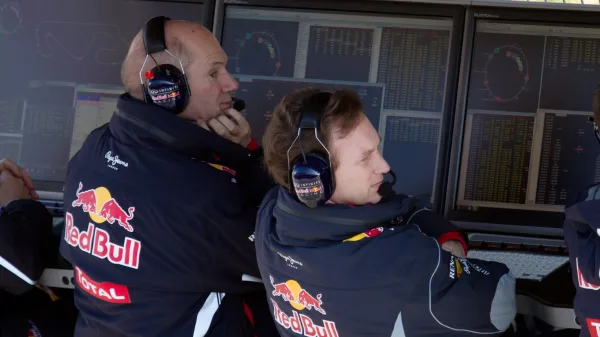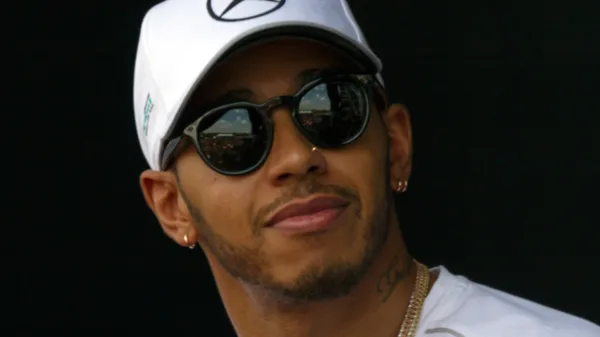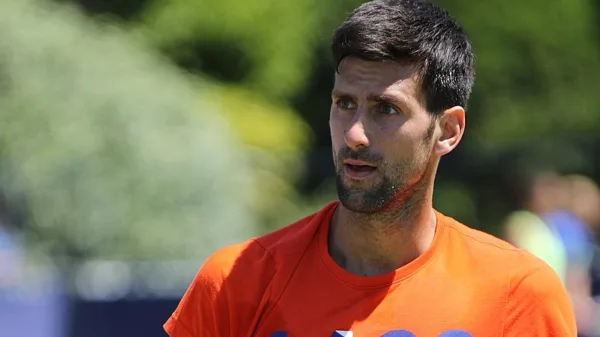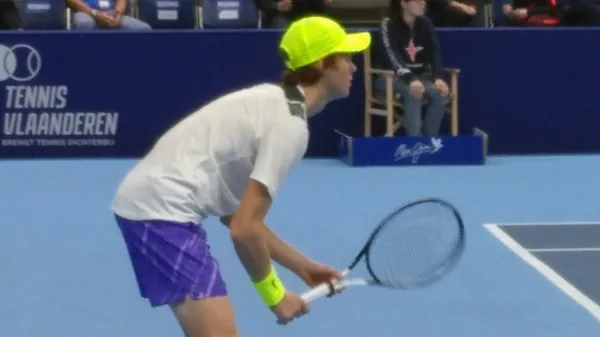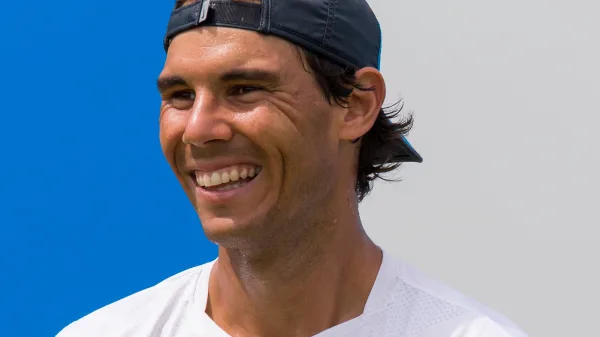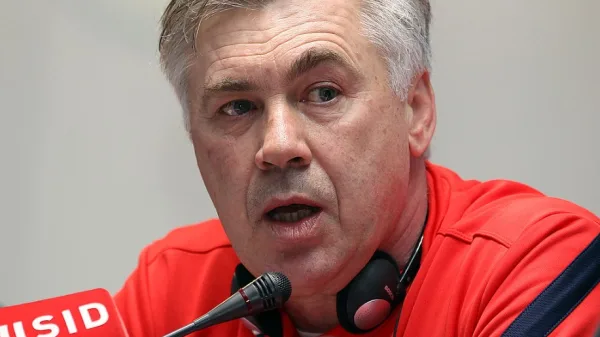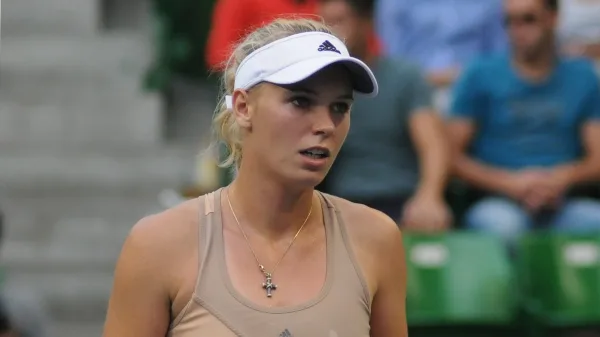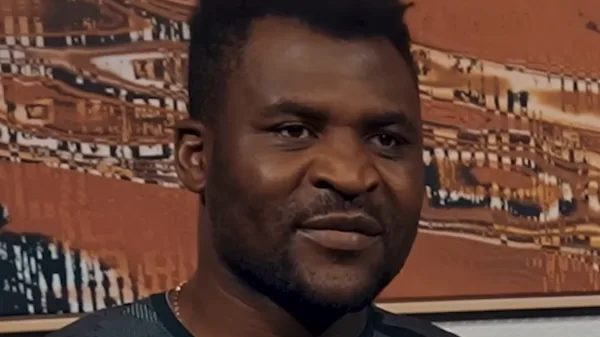Francis Ngannou versus Anthony Joshua was a titanic clash of champions from disparate combat sports realms, staged under the dazzling lights of Saudi Arabia.
The bout, brimming with anticipation, lived up to its grand expectations, albeit its brevity left fans yearning for more. For Ngannou, the bout ended in a premature defeat, yet the aftermath was marked by an extraordinary display of mutual respect rather than animosity.
From the onset, Ngannou appeared out of his element, contrasting his previous success against Tyson Fury. The transition from UFC champion to boxing contender proved challenging against Joshua’s prowess, leading to Ngannou’s second-round knockout.
The sight of Ngannou being floored repeatedly was unexpected, particularly for viewers invested in the pay-per-view spectacle. Despite the outcome, the athletes exchanged gestures of respect rather than disdain.
This venture into boxing signifies a pivotal moment for Ngannou, highlighting areas for growth despite his commendable performance against Fury.
Boxing’s distinct nature from MMA underscores that Ngannou’s mastery will require time, a sentiment echoed within the combat community. This journey, while arduous, underscores Ngannou’s resilience and commitment to excel in a new arena.
Ngannou’s pursuit of boxing, despite the setback, illustrates the sport’s growing appeal. The influx of notable figures from beyond boxing’s traditional confines has rejuvenated interest, particularly among the younger demographic, fueling the demand for such marquee events.
However, this trend raises questions about the long-term impact on UFC and boxing. The shift towards leveraging established stars from other combat sports could potentially overshadow emerging boxing talent, presenting a looming challenge for the sport’s future vitality.

